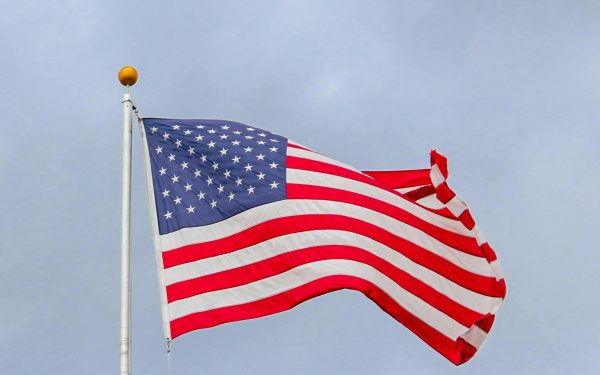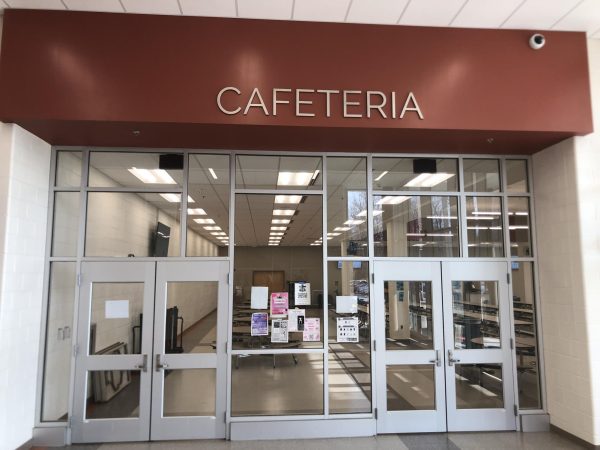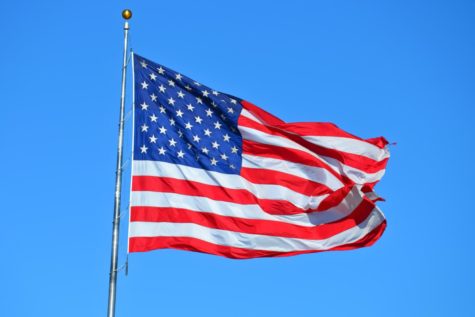MD Supports DHOH Community, but We Can Do More
February 9, 2021
Have you ever realized how hard it is to be deaf?
You’d have to learn sign language and lip-reading, be open to more jobs since there are fewer job opportunities, and especially live in an area that accommodates all your needs & more. But have you wondered where a good place to live would be, for the deaf?
Inspired to help the deaf community, I was pleased to learn that in comparison to other states in the nation, Maryland offers a large amount of support to its deaf and hard-of-hearing community. One way Maryland offers a large amount of support to its deaf and hard-of-hearing community is through its various tools and features made for them.
A deaf woman named Trudy Suggs wrote an email to baltimoresun.com saying, “when we came to Frederick Maryland and learned that there were both open-captioned (screenings) and glasses available, we were happy because now we could go see the newest films.”
Surprisingly, most movie theatres do not have open-captioned screenings as an option. Most people wouldn’t have even thought of this or seen it as an issue, but having deaf people be able to do recreational activities like see a movie is a right and should be given to them. The lady who wrote the email also stated that her small town in Minnesota never had open-captioned screenings, which proves Maryland is ahead of the game!
Another way Maryland has helped deaf people is by developing clear masks in Baltimore to offer improved communications for deaf front-line workers during COVID-19. For this specific time, dealing with Corona is just another added struggle deaf and hard-of-hearing people face. Creating clear masks so you can keep yourself and others around you safe from possible disease AND help deaf people be able to read lips and understand more clearly is a step in the right direction for Maryland and the hard of hearing community.
Although Maryland is a good place to live if you are in the deaf community, there will always be different opinions. Ebony March from screenrant.com shares how “You’ll often find local activists and residents at city meetings demanding better access to deaf-friendly housing or pushing for something seemingly as simple as keeping establishments well-lit so that deaf patrons can see each others’ faces and hands, or placing furnishings in deaf-friendly configurations so that signing is clear for everyone.”
In the same article, a resident from Frederick Maryland shares their thoughts saying “It would be nice if business owners and event hosts were not resistant to getting interpreters [this doesn’t always happen but can happen] or were educated on where to find interpreters or who to contact for interpreting services,” adding, “Captioning on TVs in restaurants should automatically be on.”
hose points were valid, but not completely true or accurate on Maryland as a whole. For one, there are deaf-friendly houses available in Maryland! NVRC.org states “Deaf Independent Residences II, Inc. has three units open in Berlin, Maryland and Deaf Independent Residences III, Inc. has five units open in Easton, Maryland. The units are rent subsidized and include utilities.” That clearly shows how there are houses all around Maryland directly deaf-friendly.
Now unlike the business statemen, business owners are getting employees to learn basic sign language for interpretation. Frederick Newspost says “The MSD foundation often tailors ASL instruction to meet business needs. For instance, Sonic employees learned menu items like hot dogs and french fries in sign language, and the Frederick County Bank learned signing related to financial terms.” This debunks the claim on how business owners were “resistant” to getting interpreters.
Maryland offers a large amount of support to its deaf and hard-of-hearing community. But just because Maryland already is a great place to live if you’re deaf, that doesn’t mean you should stop helping out the community! There is always more to be done. So, how will you help?








Sarah • Oct 6, 2021 at 5:52 pm
Hello,
You misspelled the word “Helf” on your website. Sometimes errors like can hurt your web traffic. Maybe check out a service that alerts you to issues like SpellReport.com or CheckMySite.com.
-Sarah